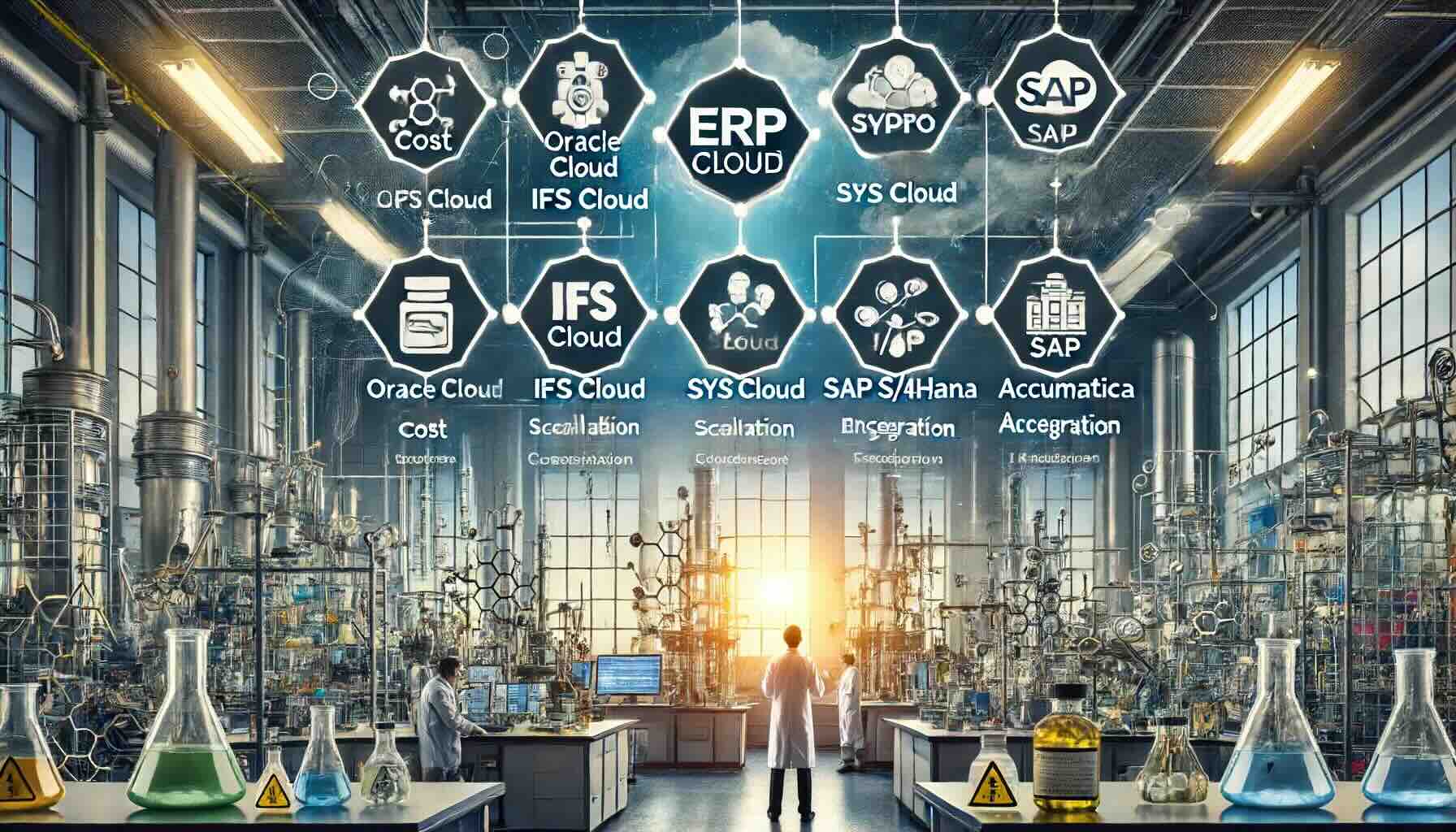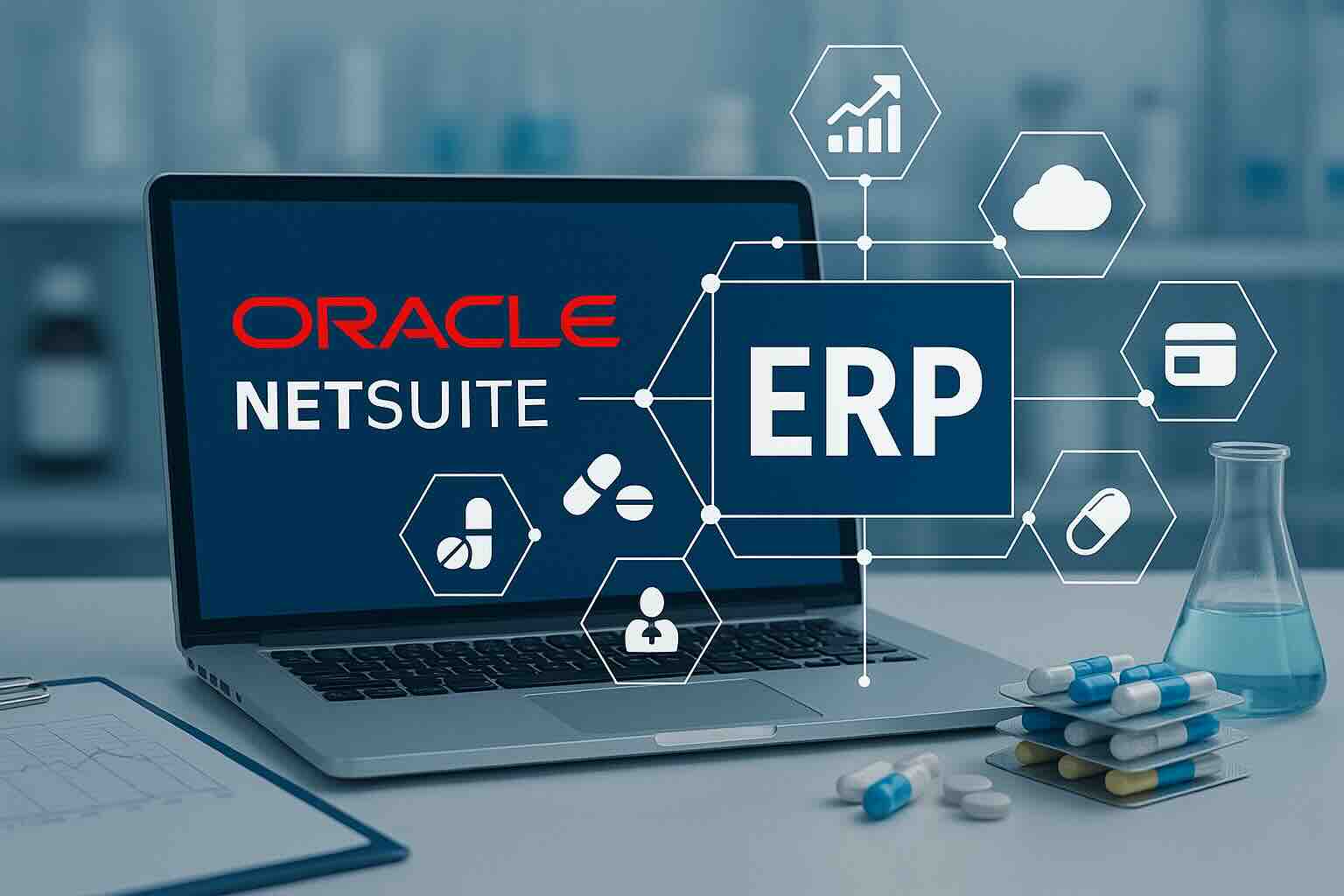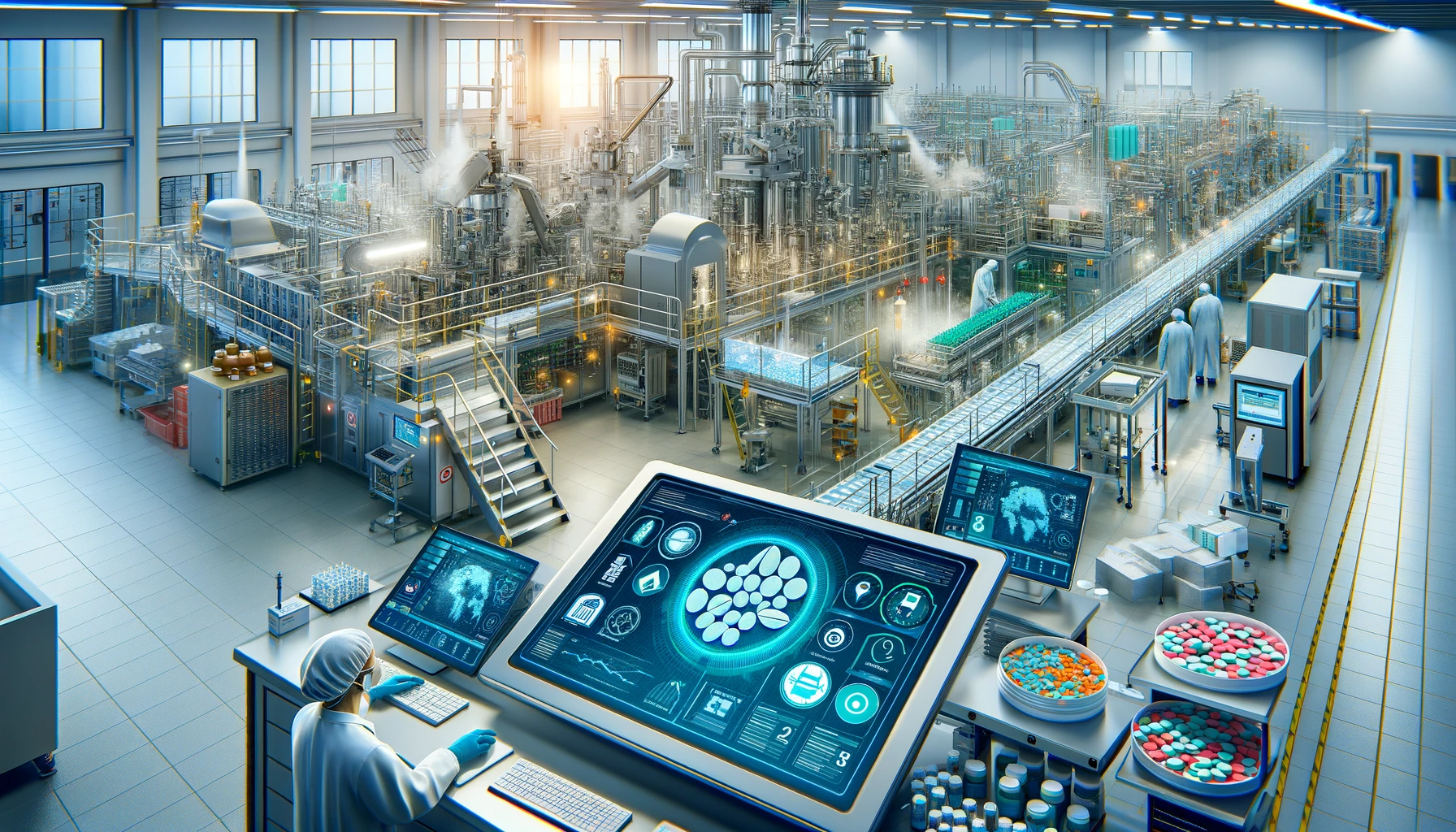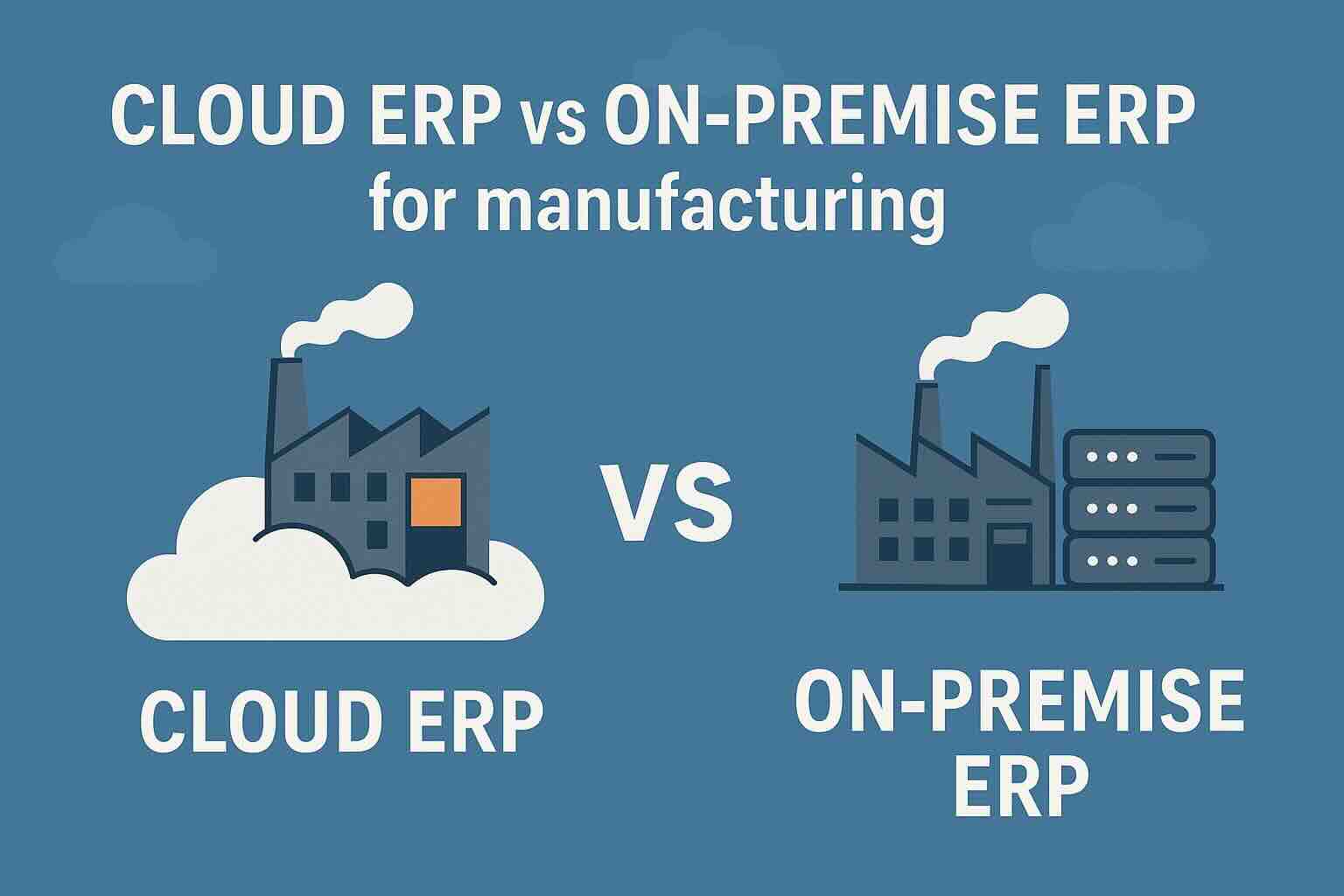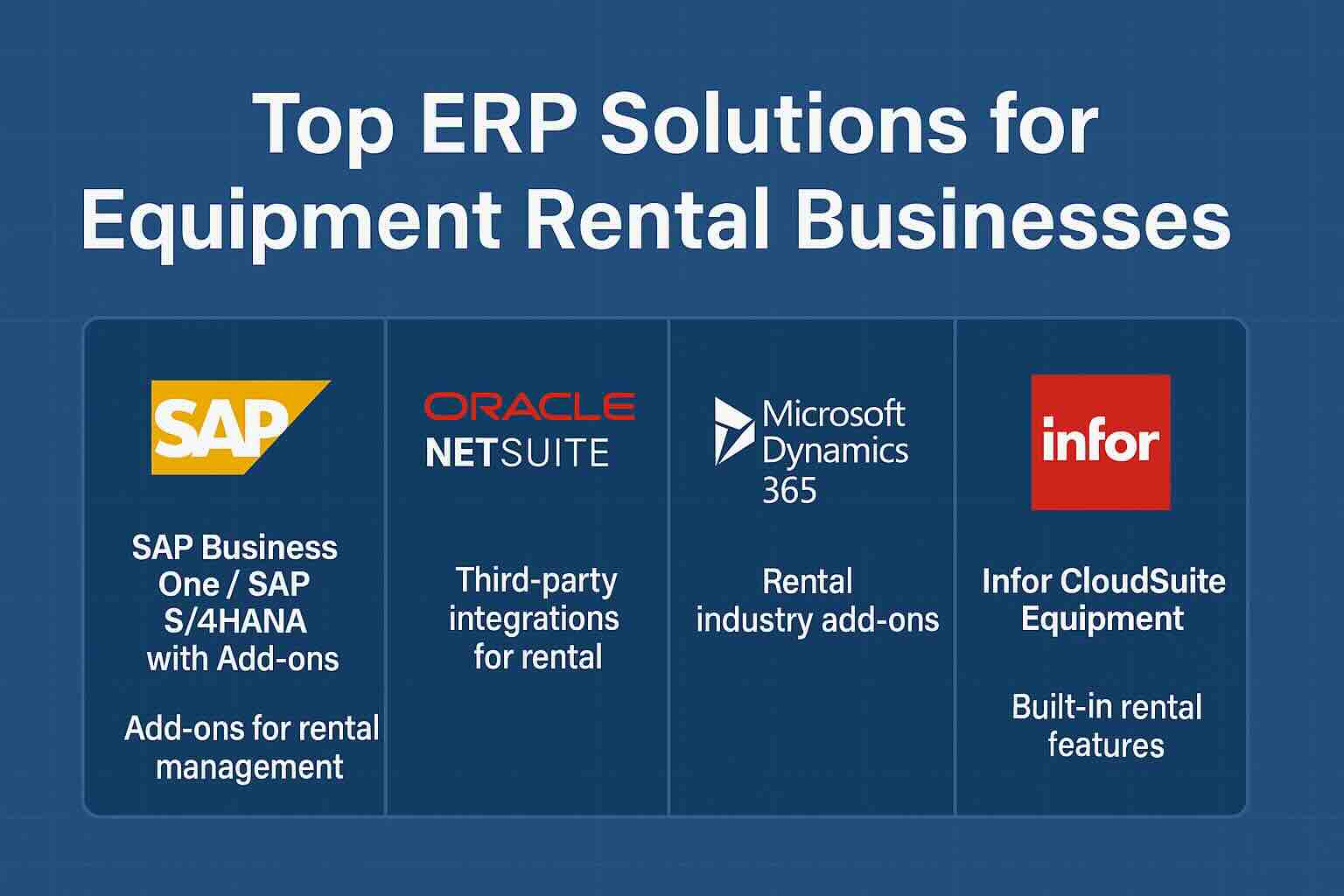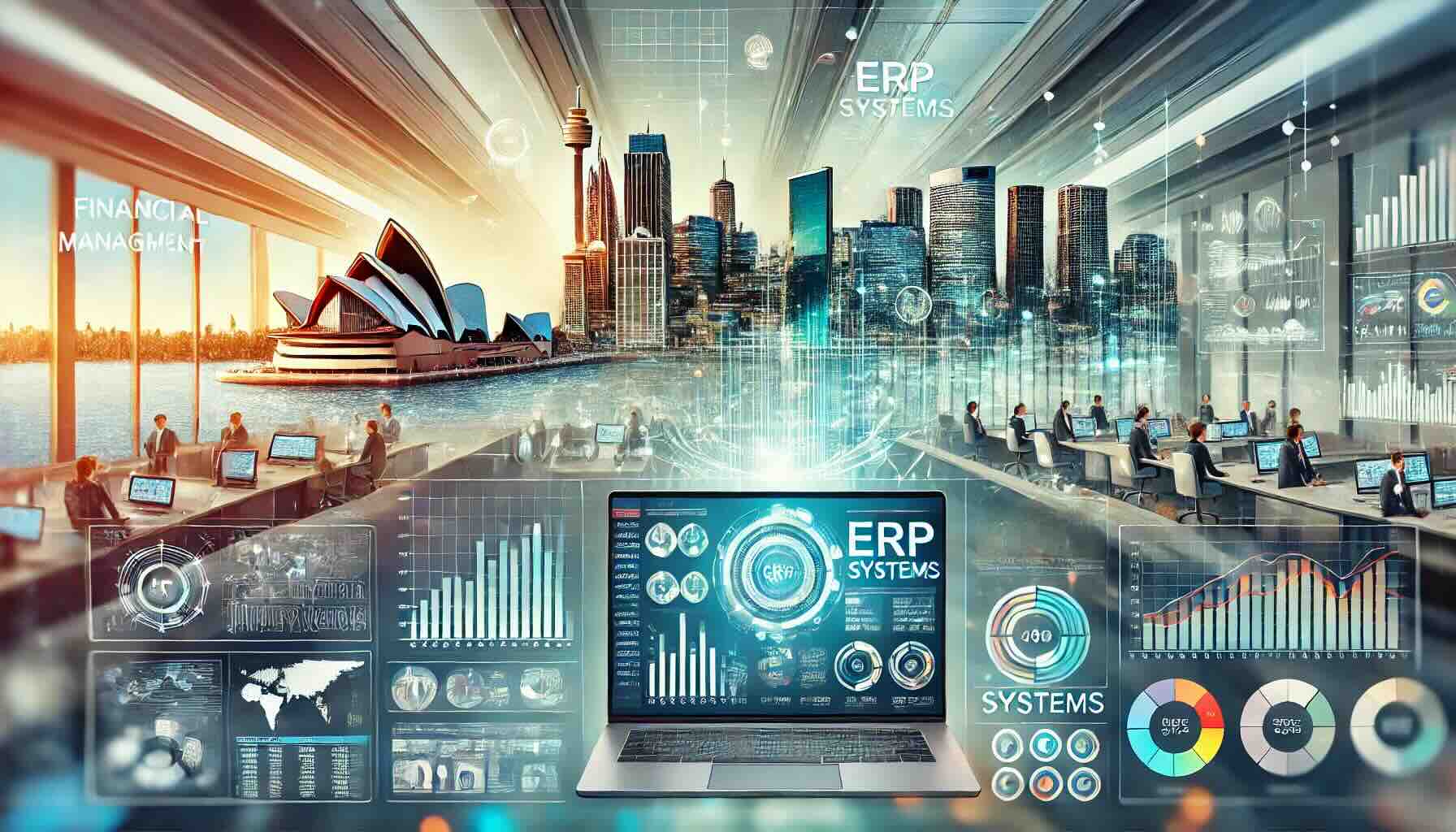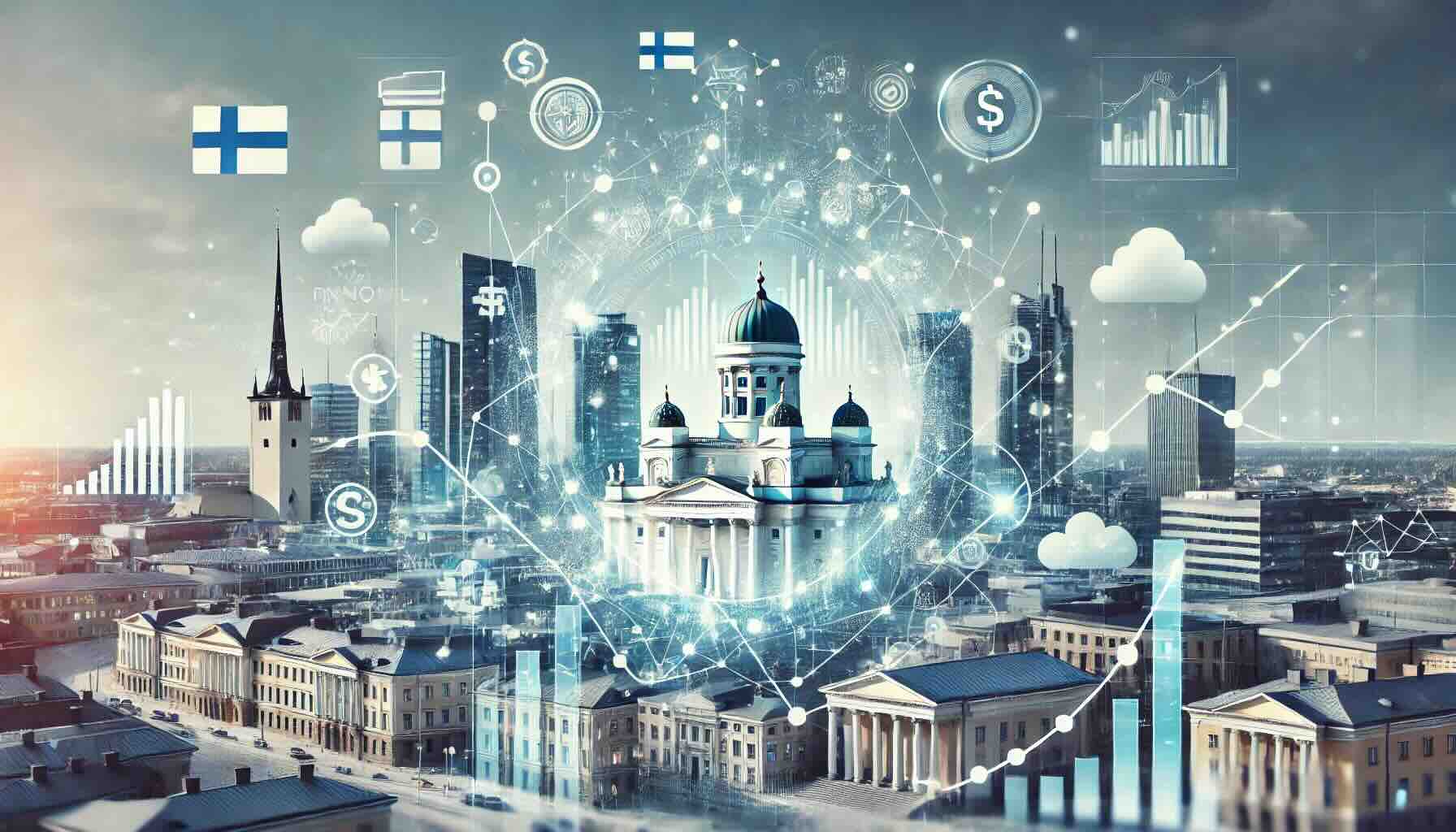SAP vs NetSuite for Food and Beverage: Choosing the Right ERP Solution
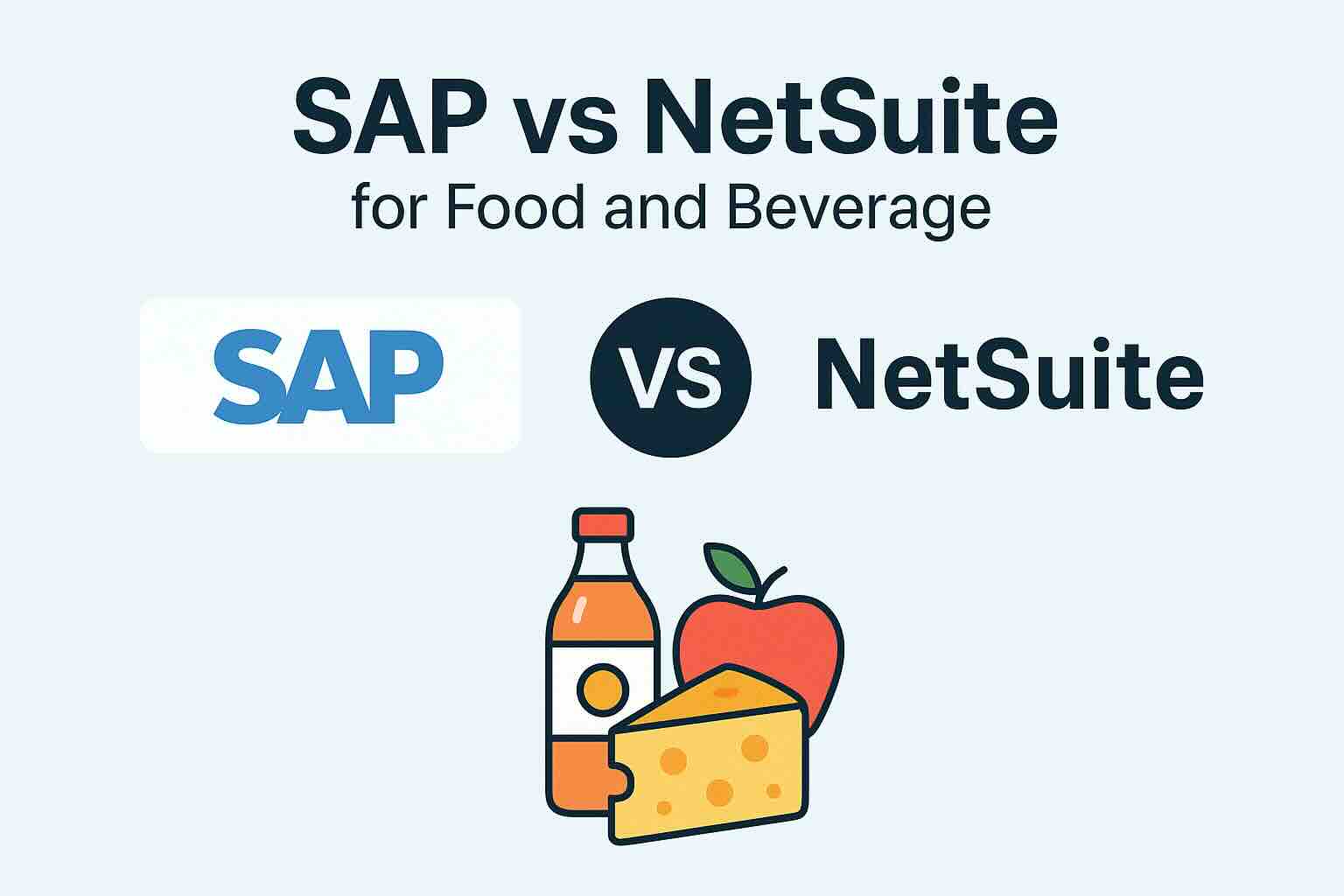
The food and beverage industry faces unique challenges, from regulatory compliance to supply chain complexity and perishable inventory. Selecting the right enterprise resource planning (ERP) system is critical to navigating these hurdles efficiently. Two of the most prominent ERP systems in this space are SAP and NetSuite. But which one is better suited for your business? In this article, we compare SAP vs NetSuite for food and beverage companies to help you make an informed decision.
Overview of SAP and NetSuite
SAP is a global leader in enterprise software with a robust, feature-rich ERP system designed for large enterprises. Its flagship product, SAP S/4HANA, offers powerful capabilities tailored to industries with complex operations, including food and beverage.
NetSuite, a product of Oracle, is a cloud-based ERP system popular with small to mid-sized businesses. It provides a more agile, scalable solution with strong financial management and real-time analytics.
Core Features Comparison
1. Industry-Specific Functionality
-
SAP has industry-specific modules, including those tailored to the food and beverage sector. These modules address compliance, recipe management, batch tracking, quality control, and sustainability.
-
NetSuite offers robust functionality as well, including lot tracking, expiration date management, and compliance features. However, it may require third-party integrations or customization for more niche processes like complex recipe formulation or international traceability compliance.
Verdict: SAP has a slight edge for large food and beverage companies needing deep industry customization.
2. Deployment and Scalability
-
NetSuite is built from the ground up for the cloud, offering rapid deployment and lower upfront costs. It is ideal for businesses looking for scalability without complex infrastructure.
-
SAP offers both cloud and on-premises deployment. While cloud versions like SAP S/4HANA Cloud are modernizing the ecosystem, SAP implementations are generally more time-consuming and resource-intensive.
Verdict: NetSuite wins for ease of deployment and scalability for smaller and mid-sized food and beverage businesses.
3. User Interface and Experience
-
NetSuite is known for its user-friendly interface, intuitive dashboards, and real-time visibility into KPIs—important for fast-paced food and beverage operations.
-
SAP has significantly improved its UI with SAP Fiori, but the learning curve can still be steep, especially for users without prior ERP experience.
Verdict: NetSuite provides a more accessible user experience out of the box.
4. Cost and Total Cost of Ownership
-
NetSuite’s subscription-based pricing includes upgrades, maintenance, and support, making budgeting easier for SMBs.
-
SAP tends to be more expensive, with higher licensing, implementation, and maintenance costs. That said, it offers high ROI for large enterprises with complex requirements.
Verdict: NetSuite is more cost-effective for small and growing businesses, while SAP may justify its price for larger organizations.
Integration and Ecosystem
Both SAP and NetSuite offer broad integration capabilities. SAP supports integration with a wide range of enterprise applications and has strong partnerships across logistics and manufacturing technologies. NetSuite’s SuiteCloud platform allows easy integration with third-party tools and offers a rich app marketplace.
SAP vs NetSuite for food and beverage businesses often comes down to existing IT infrastructure and integration needs. SAP integrates seamlessly with other SAP products, which can be a major advantage for companies already in the SAP ecosystem.
Support and Vendor Ecosystem
SAP has a vast global network of implementation partners and consultants, but this can also lead to higher consulting costs. NetSuite’s partner network is growing quickly, and its focus on cloud delivery helps streamline support and updates.
Verdict: Both platforms offer strong vendor ecosystems, but NetSuite’s simpler implementation path makes support more manageable for smaller companies.
Regulatory Compliance
Food and beverage companies must comply with strict regulations like FDA, FSMA, and international food safety standards. SAP provides robust compliance tools, audit trails, and automated reporting features. NetSuite also supports compliance but might need add-ons for more advanced needs.
Verdict: SAP is better suited for companies with complex regulatory environments.
Final Thoughts: Which One Is Right for You?
In the SAP vs NetSuite for food and beverage debate, the right choice depends on the size and complexity of your operations:
-
Choose SAP if you’re a large enterprise with global operations, need deep industry-specific features, and have the budget for a long-term investment. To find out more about SAP you can visit this link.
-
Choose NetSuite if you’re a small to mid-sized food and beverage business looking for a fast, scalable, and cost-effective cloud solution. To find out more about NetSuite you can visit this link.
Ready to take the next step? With our AI-powered Compare ERP tool, you can effortlessly explore and compare solutions tailored to your unique business needs. It’s free to use, and you’ll receive a guaranteed discount on your first year’s license fees with a referral from Compare ERP. Take the first step toward streamlining your processes and boosting productivity—start comparing today!
